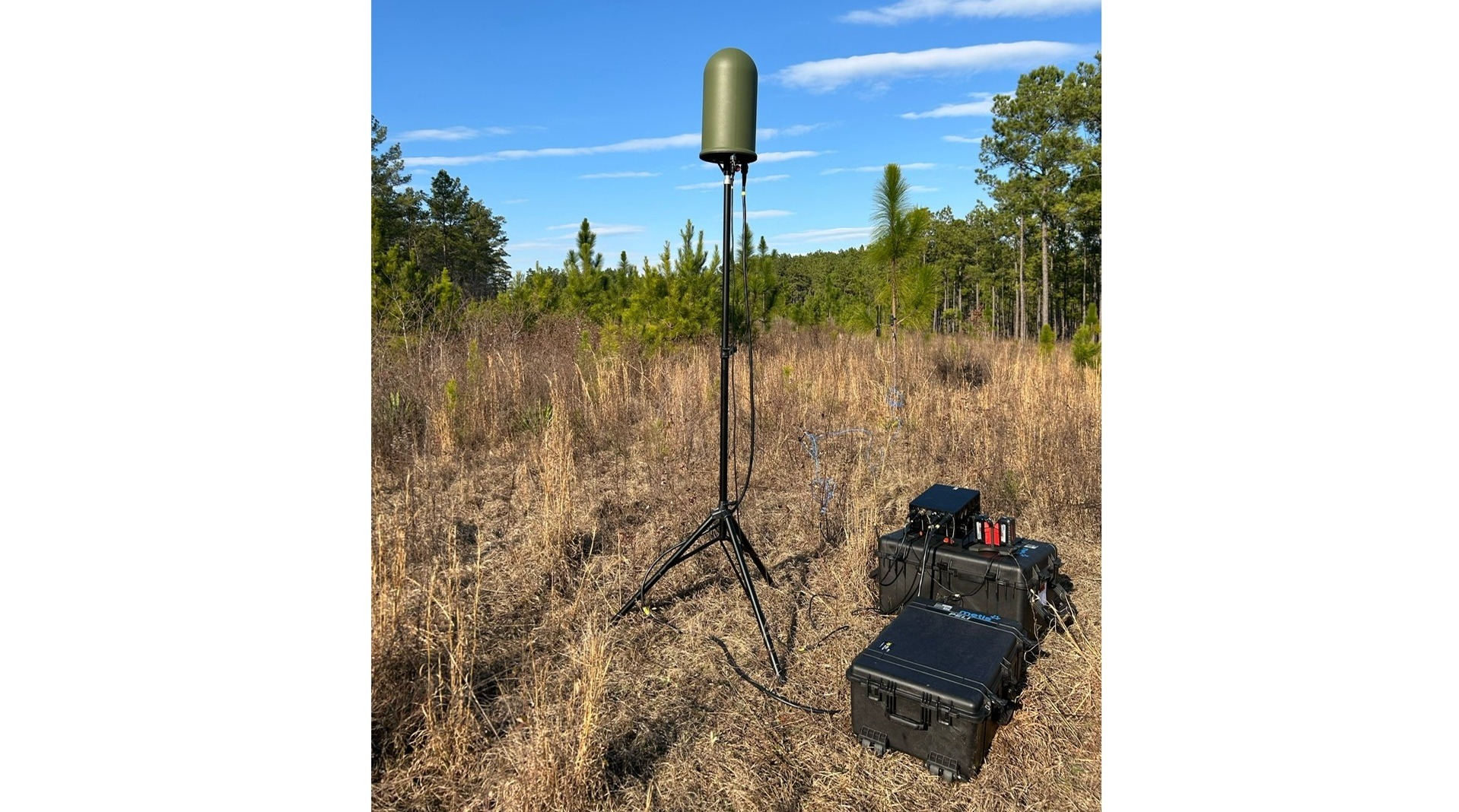US annual military simulation spending to exceed $26bn

Image courtesy GlobalData
The US is poised to significantly bolster its military simulation and training expenditure, surpassing $26 billion annually up to 2028. With a focus on enhancing military readiness and response capabilities, this substantial investment underscores the nation's commitment to aerospace, defence and security. The allocation of resources into advanced training systems reflects the evolving geopolitical landscape and the imperative to optimise preparedness in the face of emerging threats, according to GlobalData.
GlobalData’s latest report, 'United States (US) Defense Market Size, Trends, Budget Allocation, Regulations, Acquisitions, Competitive Landscape and Forecast to 2028', reveals that the US military is investing heavily in its simulation and training systems to optimise prepare its personnel. These training investments cover practice air, land and sea systems and equipment. Overall, this sector is anticipated to value a total of $159 billion between 2023 and 2028. Its largest segment is projected to be land simulation and training, at $137.2 billion.
Fox Walker, Defense Analyst at GlobalData, commented: “Military simulation and training is the largest sector of the US defense market. The US plans to spend at least $26 billion annually, highlighting the Department of Defense’s commitment to building up the combat readiness within the armed forces. For example, programmes such as the Synthetic Training Environment (STE), though costly, will vastly improve the way the US Army delivers training capabilities.”
Given the strong US response to Russia’s invasion of Ukraine and the growing threat to NATO allies in Eastern Europe, it is logical that a great deal of sector spending - $137.2 billion - will be allocated to land simulation and training. However, the American focus on the Indo-Pacific would seemingly anticipate a large percentage of investment into maritime simulation and training as well.

Walker continued: “Considering the deterioration of US-China relations, it is perplexing that more money is not being spent on maritime simulation and training, given that most US responses to Chinese aggression in Taiwan would include a naval component.”
GlobalData’s report released following the news that OpenAI has lifted its ban on military use of AI tools for national security scenarios sys that the removal of the ban could very well lead to further proliferation of AI use in defence and security contexts and the US military is likely to capitalise on this change.
Walker concludes: “Whether it be the use of non-lethal technology, the development of military strategy, the auto-generation of virtual training environments, or simply the use of budgeting tools, there are many areas where AI can assist military leaders without causing harm to others or creating new weapons.”












